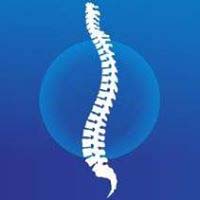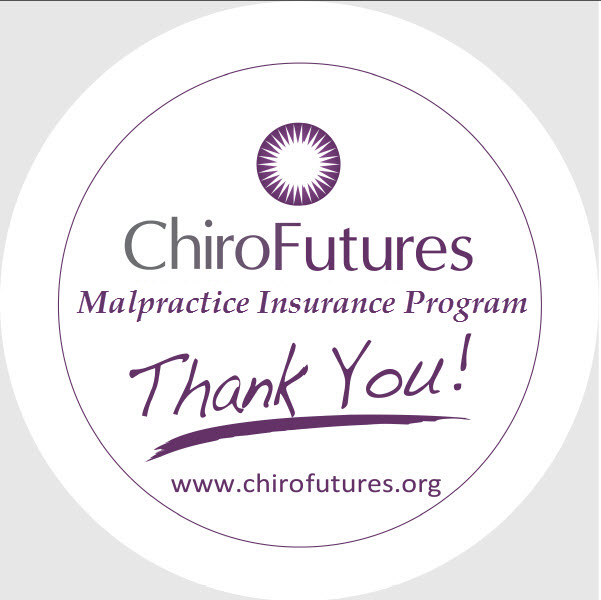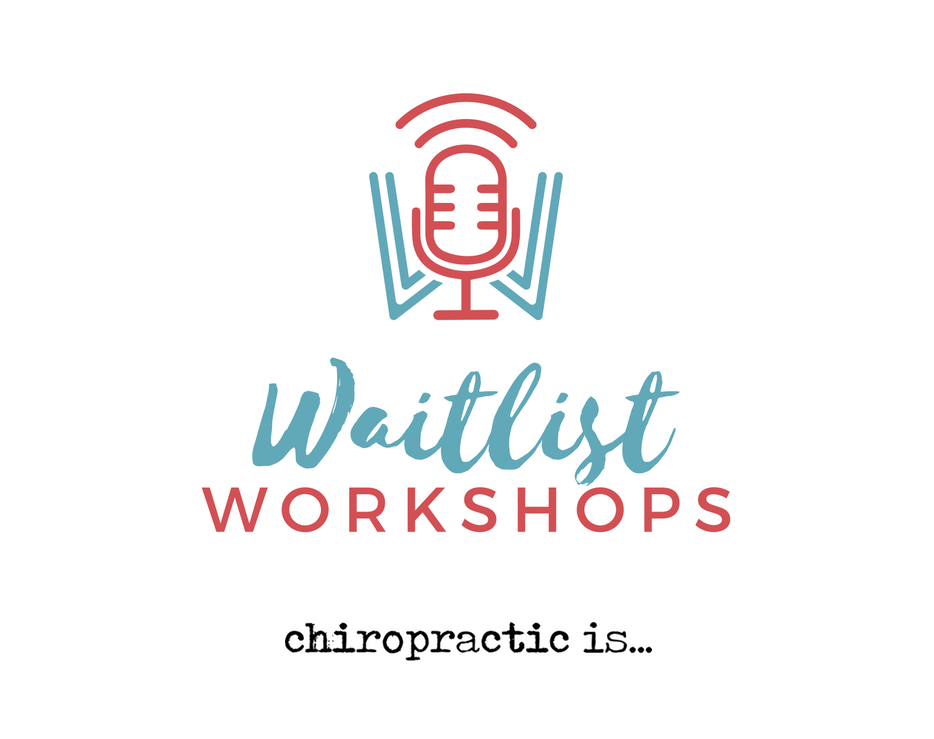Matthew McCoy DC, MPH, Christopher Kent DC, JD, William Decken DC, Harold George DC, Myron Brown DC, Beth Risser DC, Norm Ross DC, Jay Thompson Ph.D, Fred Nay
Journal of Philosophy, Principles & Practice of Chiropractic ~ Volume 2011 ~ Issue 2 ~ Pages 10-11
Abstract
Objective: The purpose of this study was to survey chiropractors regarding their attitudes and opinions of the curriculum they were exposed to during their academic experience, to relate that experience to their success and happiness in practice and to solicit feedback for improvement in the chiropractic educational experience.
Methods: A 25 item, on-line survey was created to elicit feedback in 13 areas including demographics, career motivation, core values, coursework, hours, laws, satisfaction, boards, business and professional priorities.
Results: There were 218 respondents to the survey questionnaire. 18 chiropractic educational institutions were represented by the responses with 71% of the respondents having graduated from either Life University, Palmer or Sherman. Responses indicated 204 respondents practice in 31 states, 5 in Canada, 6 overseas and 3 unknown. Pennsylvania, New Jersey and Georgia were the most represented states.
Conclusion: The results of this survey have implications for curriculum development within chiropractic. While political and academic leadership have their own opinions regarding the future of the profession, practitioners – including recent graduates, have contrary views regarding the importance and ranking of these priorities.
Key Words: Chiropractic, Education, Curriculum, Accreditation, Vertebral Subluxation, Best Practices, Regulatory Boards







